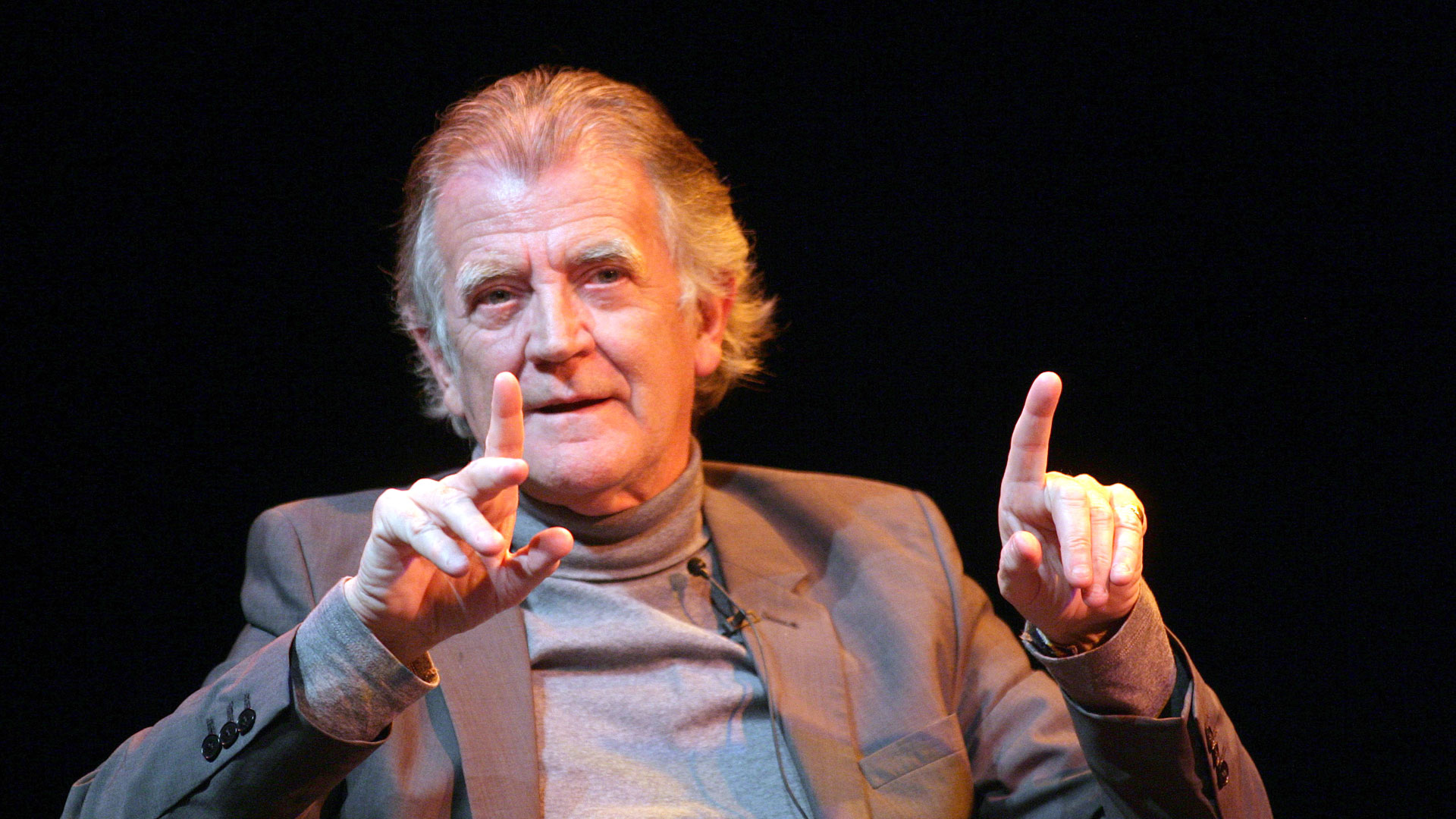Last week Gerry Anderson died. I felt a heavy sadness. Anderson was a radio and TV broadcaster in Northern Ireland. But that doesn’t even get close to explaining him.
For my generation, those of us born in Northern Ireland through the late 1960s into the late 1970s, time was not measured out in coffee spoons but in casually brutalised news. The local morning reports would be a tally of murders and shootings, kneecappings and explosions. That was where the Plimsoll Line of normal rested.
Cutting through this ugliness was Gerry Anderson. His shows were odd, mischievous, warm, funny and totally nonconformist. There was a great sense of belonging to his odd gang – and boy, did he bring a motley crew.
Cutting through this ugliness was Gerry Anderson. His shows were odd, mischievous, warm, funny and totally nonconformist
It may be a pensioner in rural Belleek who wanted to complain about his music (it went from Smashing Pumpkins to rare folk to that curious Irish love, the showbands).
It could be Geordie in Belfast with a chat that would start about the bins and end up about space travel. He’d have them on and the conversation would be like a brilliant, absurdist set-piece. It felt freewheeling and frequently anarchic but you just knew there was precision engineering to this chaos. And always there was warmth.
It was also beyond the sectarian mire. In a nation where even the way words are PRONOUNCED can mark you out as ‘other’, Anderson had no truck with such suspicious dancing. He coined the phrase Stroke City for his native Derry (it being one of the most obvious titles that tell of Catholic or Protestant background; Londonderry/Derry City – hence, Stroke).









